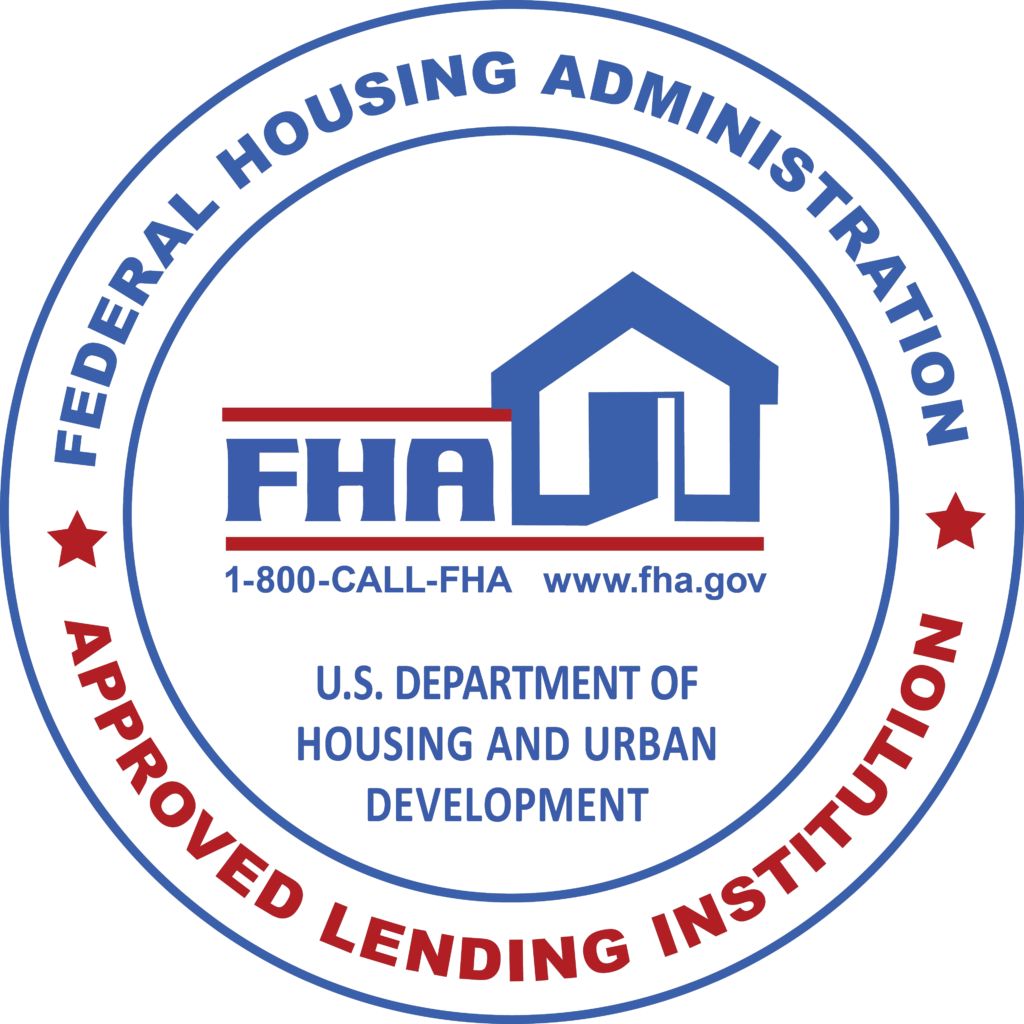
Navigating the FHA Minimum Requirements
Introduction
When mortgage rates rise, it can lead to changes in buyer preferences, with some loan types becoming more popular than others. In recent times, the high mortgage rates have propelled FHA loans to the forefront, attracting buyers with their appealing features and flexible eligibility criteria. This article explores how the surge in mortgage rates has contributed to the increased popularity of FHA loans as one of the most sought-after home loan types.
Selling a house that requires major repairs can be a daunting task for homeowners, especially when potential buyers rely on Federal Housing Administration (FHA) loans.
The FHA loan program provides an opportunity for buyers with limited down payments and lower credit scores to purchase a home. However, FHA loans come with specific minimum property requirements that must be met for the property to be approved by an FHA lender. In this article, we will explore the challenges faced by sellers of houses in need of major repairs when dealing with FHA loan buyers, as well as the specific FHA minimum requirements that must be addressed.
Understanding the Challenges
- Limited Financing Options: FHA loans are a popular choice for first-time homebuyers or those with limited financial resources. However, FHA loans come with stricter property requirements compared to conventional loans. Sellers of homes in need of significant repairs may find it difficult to attract FHA loan buyers due to the increased scrutiny of the property’s condition.
- Appraisal Issues: The FHA requires an appraisal to determine the value and condition of the property. Appraisers follow the FHA guidelines and evaluate the home based on its minimum property standards (MPS). If the appraiser identifies major repairs needed to meet the MPS, the lender may require those repairs to be completed before closing. This can add an extra burden on sellers to fund and complete the necessary repairs.
Specific FHA Minimum Requirements
- Heavy Traffic. The Appraiser must analyze and report if proximity to heavily traveled roadways or railways influences the marketability and value of a site because of excess noise and safety issues.
- Airport Noise and Hazards. The Appraiser must identify if the Property is affected by noise and hazards of low flying aircraft because it is near an airport. The Appraiser must review airport contour maps and analyze accordingly. The Appraiser must determine and report the marketability of the Property based on this analysis. The Appraiser must identify if the Property is located within a Runway Clear Zone (also known as a Runway Protection Zone) at a civil airport or Clear Zone military airfield and consider the effect of the airport hazards on the marketability when valuing the subject Property.
- Structural Soundness: The property must be structurally sound, with no major issues such as foundation problems or extensive water damage. This requirement ensures that the home is safe and habitable for the buyer.
- Grading and Drainage. The Appraiser must check for readily observable evidence of grading and drainage problems. Proper drainage control measures may include gutters and downspouts or appropriate grading or landscaping to divert the flow of water away from the foundation. The Appraiser must make the appraisal subject to repair if the grading does not provide positive drainage away from the improvements. The Appraiser must note any readily observable evidence of standing water adjacent to the foundation that indicates improper drainage. The Appraiser must report this in the “Site” section of the report, if the standing water is problematic.
- Suitability of Soil. The Appraiser must consider the readily observable soil and subsoil conditions of the site, including the type and permeability of the soil, the depth of the water table, surface drainage conditions, compaction, rock formations and other physical features that affect the value of the site, or its suitability for development or support of the existing improvements. The Appraiser should also consider events and published reports regarding the instability of the soil and surface support of the land as related to the subject and proximate properties. Danger of Land Subsidence may be encountered where buildings are constructed on uncontrolled fill or unsuitable soil containing foreign matter such as a high percentage of organic material, areas of mining activity or extraction of subsurface minerals, or where the subsoil or subsurface is unstable and subject to slippage or expansion. Typical signs include fissures or cracks in the terrain, damaged foundations, sinkholes, or settlement problems.
- Roof Condition: The roof should be in good condition with at least two years of remaining life. Any signs of leaks or extensive damage may need to be repaired or replaced before the property can be approved for an FHA loan.
- Mechanical Systems: The home’s plumbing, electrical, and heating systems must be in good working order. Outdated or faulty systems may need repairs or replacements to meet the FHA requirements.
- Safety Hazards: The property should be free from any health and safety hazards, such as mold, lead-based paint, or exposed wiring. These hazards can pose risks to occupants and must be addressed before the property can be approved for an FHA loan.
- Property Access: The home should have easy and safe access from the street, with a properly maintained driveway or walkway. If the property lacks appropriate access, modifications or repairs may be necessary.
- Requirements for Living Unit: The Appraiser must notify the Lender of the deficiency of MPR or MPS if each living unit does not contain any one of the following: a continuing and sufficient supply of safe and potable water under adequate pressure and of appropriate quality for all household uses; sanitary facilities and a safe method of sewage disposal. Every living unit must have at least one bathroom, which must include, at a minimum, a water closet, lavatory, and a bathtub or shower; adequate space for healthful and comfortable living conditions: heating adequate for healthful and comfortable living conditions; domestic hot water; or electricity adequate for lighting, cooking and for mechanical equipment used in the living unit; and kitchen facilities adequate for the preparation and cooking of food. Every living unit must have at least one area with kitchen facilities, which must include, at a minimum, a sink with potable running water and a stove utility hookup.
Overcoming the Challenges
- Pre-inspection: Before listing the property, sellers can hire a professional inspector to identify any major repairs needed to meet the FHA minimum requirements. This helps sellers understand the scope of work required and make informed decisions on repairs.
- Pricing Considerations: Sellers may need to adjust their pricing strategy to account for the repairs needed. By factoring in the cost of repairs, sellers can offer a competitive price that attracts potential buyers and offsets the repair expenses.
- Renovation Loans: Buyers utilizing FHA loans may consider using a 203(k) rehabilitation loan, which provides financing for both the purchase of the home and the repairs. This option expands the pool of potential buyers and increases the likelihood of selling a house in need of major repairs.
- Marketing and Disclosures: Transparently disclosing the property’s condition and the repairs required in the listing can help manage buyer expectations. By emphasizing the potential of the property and offering options for financing, sellers can attract interested buyers who are willing to undertake the necessary repairs.
Selling a house needing repairs associated with FHA loan buyers poses unique challenges for homeowners. Mortgage rates can have a significant impact on buyers, affecting their affordability and purchasing power. High mortgage rates can increase monthly payments, reduce buying power, and slow down market activity. Conventional loans, FHA loans, VA loans, and USDA loans have been popular options in recent years, catering to buyers with varying financial situations and needs. It’s advisable to consult with a mortgage professional or stay updated with the latest market trends for the most accurate and up-to-date information.
